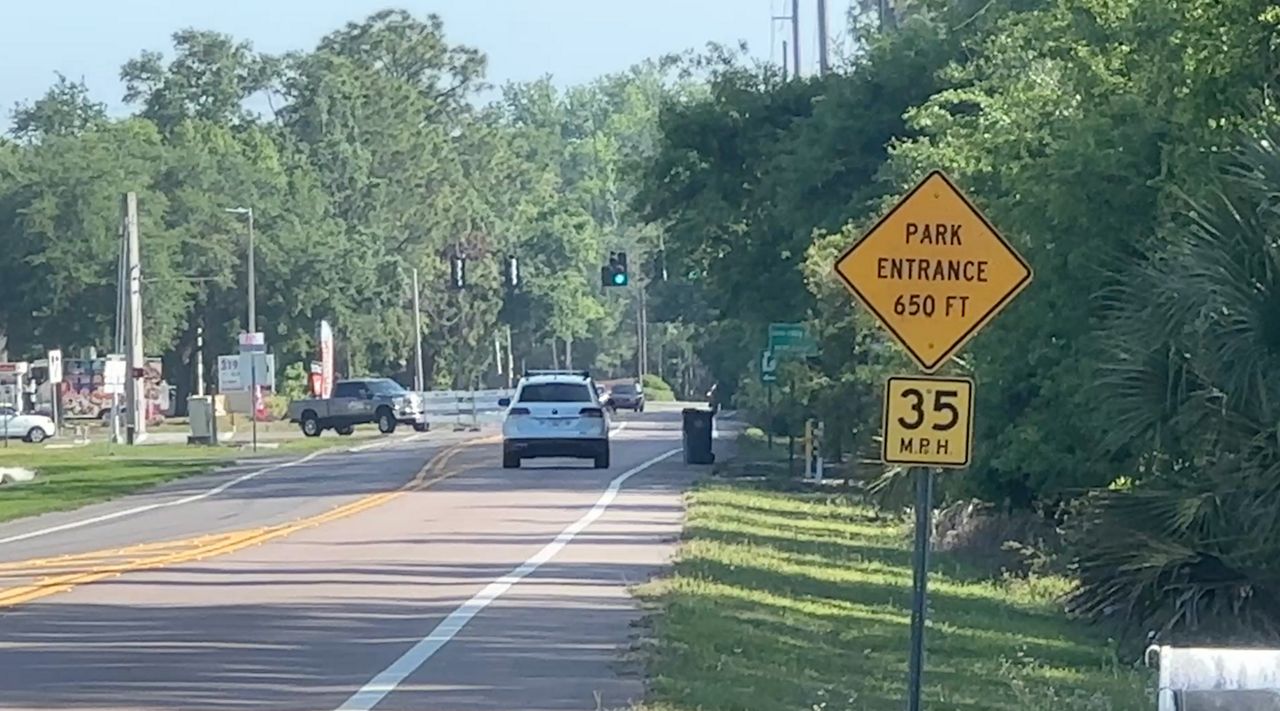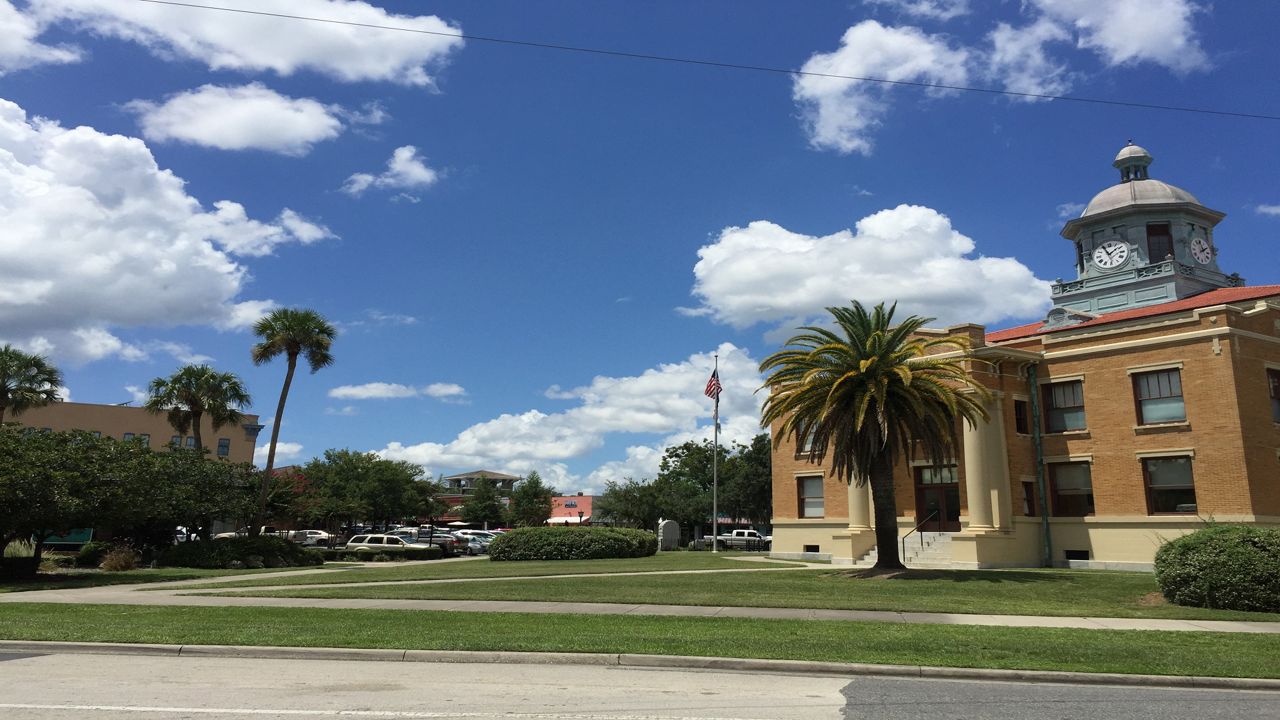APOPKA, Fla. — Higher education often carries high costs.
What You Need To Know
- A 2014 program, approved by then-Gov. Rick Scott, offers in-state tuition rates to undocumented or “DACA-mented” students living here
- Gov. Ron DeSantis wants to repeal it
- Supporters say the program benefits the state more than it costs
- Students discussed education costs at Thursday roundtable
“Seeing the cost of out-of-state was really… it was a shock to me honestly,” said Luz, a student who shared her story for a roundtable discussion on Thursday.
It’s a reality many students throughout Florida could soon face.
“I’m just angry. I’m so angry,” added Nereyda Castillo, a student at Valencia College.
A 2014 program, approved by then-Gov. Rick Scott offers in-state tuition rates to undocumented or “DACA-mented” students living here.
“It took me about four years and almost $20,000 pre-in-state tuition,” said Melani Candia, a teacher at UCP of Central Florida. “After in-state tuition, I was able to get my bachelor’s in special education.”
“It made my own personal American dream possible.”
Citing inflation, Gov. Ron DeSantis wants to repeal that program.
“If we want to hold the line on tuition, then you gotta say you need to be a U.S citizen who lives in Florida,” DeSantis said during a press conference in February. “Why would we subsidize a non-U.S. citizen when we want to make sure we can keep it affordable for our own people.”
For Dreamers like Nereyda Castillo, as much as this is about the dollars and cents, it’s about the right to an education.
“I don’t have $5,000 just to give to college every semester,” she said. “You’ve done so much work: top 5%, you have great grades, you’ve grown up here. It’s just not enough.”
Supporters say the program benefits the state more than it costs.
“When we talk about in-state tuition, we’re talking about fairness,” said Samuel Vilchez Santiago, the Florida State Director for the American Business Innovation Commission.
Santiago says graduates help fill critical needs in jobs ranging from health care to construction.
“Here today are Dreamers who are teachers themselves or they’re studying to be teachers, others who are studying to be nurses, mental practitioners, etc,” he said. “Why do we have to go out of our state to get the talent we need to build our economy when we have Dreamers and we have other youth here in the state that can fill in those jobs?”
It’s for those reasons that this fight isn’t one they’re about to quit anytime soon.
“If I were in Tallahassee talking to the Florida legislators, the only thing I would ask is for an opportunity in this country,” added Jose, another Dreamer, participating in the roundtable.
Two bills are currently making their way through session aimed at cracking down on illegal immigration by banning local governments from funding identification programs for undocumented immigrants. They would also toughen sanctions against hiring undocumented immigrants and make it a felony to transport or harbor a person they know has entered the U.S. illegally.









